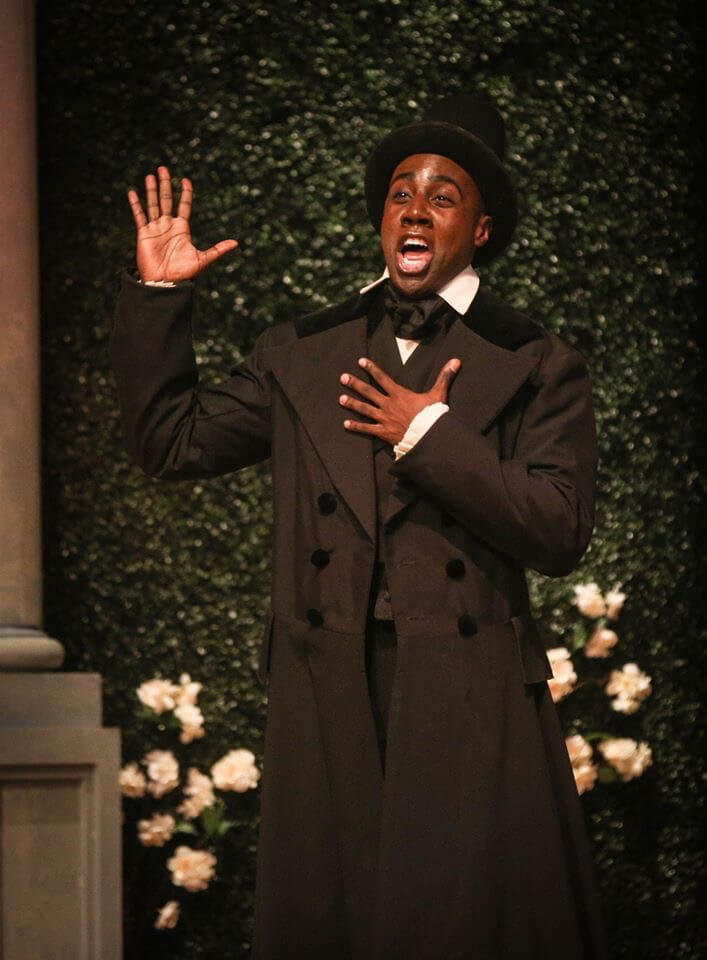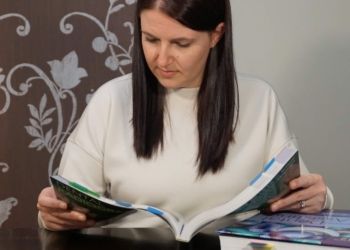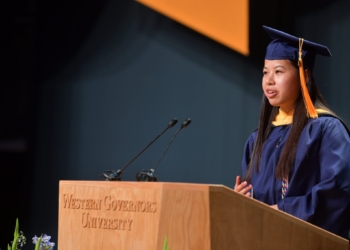When Obi Okechukwu was a child in Dallas, Texas, his mother filled the family home with church music. It served as the soundtrack of his childhood and would become the genesis of his aspirations as a musician, educator, and future officer in the U.S. Army Band.
Today, Okechukwu is an ROTC cadet and Green to Gold (G2G) graduate student at Johns Hopkins University’s Peabody Institute, an institution world-renowned for its rigorous music and academic programs.
“I’ve always wanted to join the Army Band, believing I can achieve my full potential. With the small percent of members … this is no small feat,” he said.
When he was a child, Okechukwu wanted to play clarinet and piano in the school band but his family couldn’t afford the costs. The financial limitations didn’t stop him, though, and he “stuck with choir” from elementary school through college.
While completing his Bachelor of Music at Southern Methodist University, he worked as a church youth choir director. When the church needed a new organist, Okechukwu took the opportunity to develop his talents.
“Due to my lack of skills, I spent time learning the fundamentals, taking voice and piano lessons, quickly improving my ability,” he explained. The church hired him, and he worked as director for seven years, growing as a musician, performer, and teacher.
Okechukwu explained that his professors were instrumental in his growth and he built his repertoire by learning to play the tuba, bassoon, cello, and percussion.
“Other ventures included participating in a cappella group and Stampede,” he said. “My interests expanded to not only classical music, but jazz, country, [and I was] given opportunities to arrange, collaborate, and lead.”
After graduating and becoming a high school choir director, Okechukwu sought to further his leadership skills, deciding the military would give him the opportunity. So, he resigned as teacher and church director and enlisted in the Army.
Even as a junior soldier, Okechukwu’s talents flourished as he provided musical presentations for ceremonies. While Okechukwu was serving as a religious affairs specialist at Fort Gordon, Georgia, Chaplain Monica Lawson took notice of his abilities.
With Lawson’s encouragement, Okechukwu applied his skills in a variety of avenues. For example, Fort Gordon’s Army Band disbanded, so he stepped up, providing musical support for the installation Easter Sunrise Service.

While in the Army, Okechukwu diversified his skills as a soldier. He trained for the Best Warrior Competition and represented the Installation Management Command at Fort Knox, Kentucky. In 2018, he was selected as the 2018 Soldier for the Year at Fort Gordon. Despite these successes, he was still striving for something more. Coincidentally, around this time, Lawson reached out to him again.
“She called at the right time, making me aware of the G2G program, where enlistees with associate degrees can attend college and graduate with a bachelor’s in two years and become a commissioned officer. Since I had a college degree, the option for me would be the G2G master’s program — also in two years.”
Related: From Green to Gold
Okechukwu jumped at the chance to pursue a graduate degree of his choosing from the G2G list, while also training to be an officer. He researched schools and within three weeks, diligently tracked down his former professors and unit commanders for letters of recommendation. Two church music directors with whom he volunteered chipped in and helped him prepare for video interviews and auditions.
The following spring, he received acceptance letters from Peabody Conservatory, Johns Hopkins University’s ROTC, and Cadet Command. Since fall 2019, he’s been a full-time music graduate student while learning the skills of a lieutenant.
“I’m strengthening as a performer, educator, collaborator, and learning how to lead squads and platoons. I am still active duty and will continue serving following commissioning.”
In many ways, life has come full circle for Okechukwu. From his days prior to enlistment to his time as a soldier and later his completion of the G2G program, he remains thankful for each step of his journey and the professional growth he’s found along the way.
“I’ve enjoyed standing in front of an ensemble, rehearsing, and conducting and see myself doing this for a long time. I hope to not only join the Army Band, but to inspire others to pursue teaching, putting themselves outside their comfort zone, and achieving what they hope for in life,” he concluded.







































